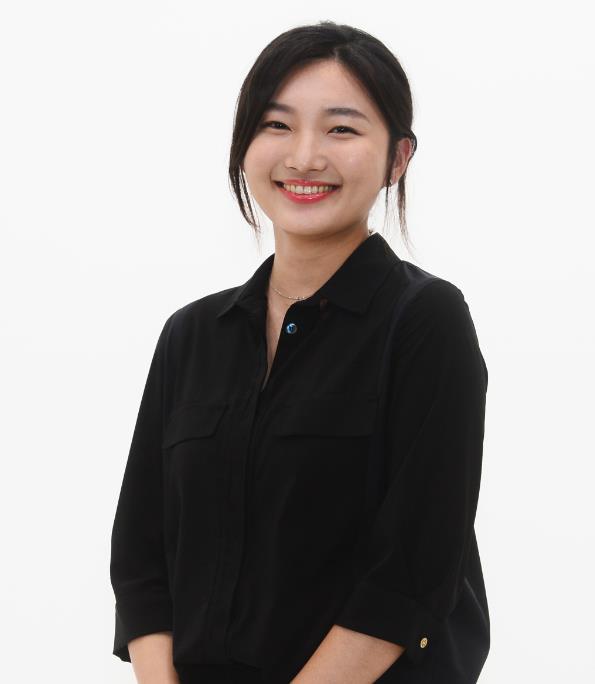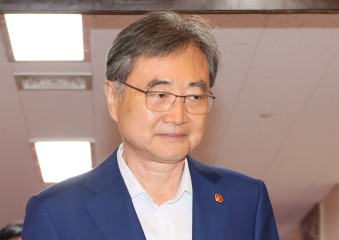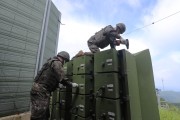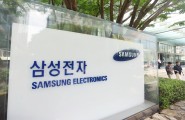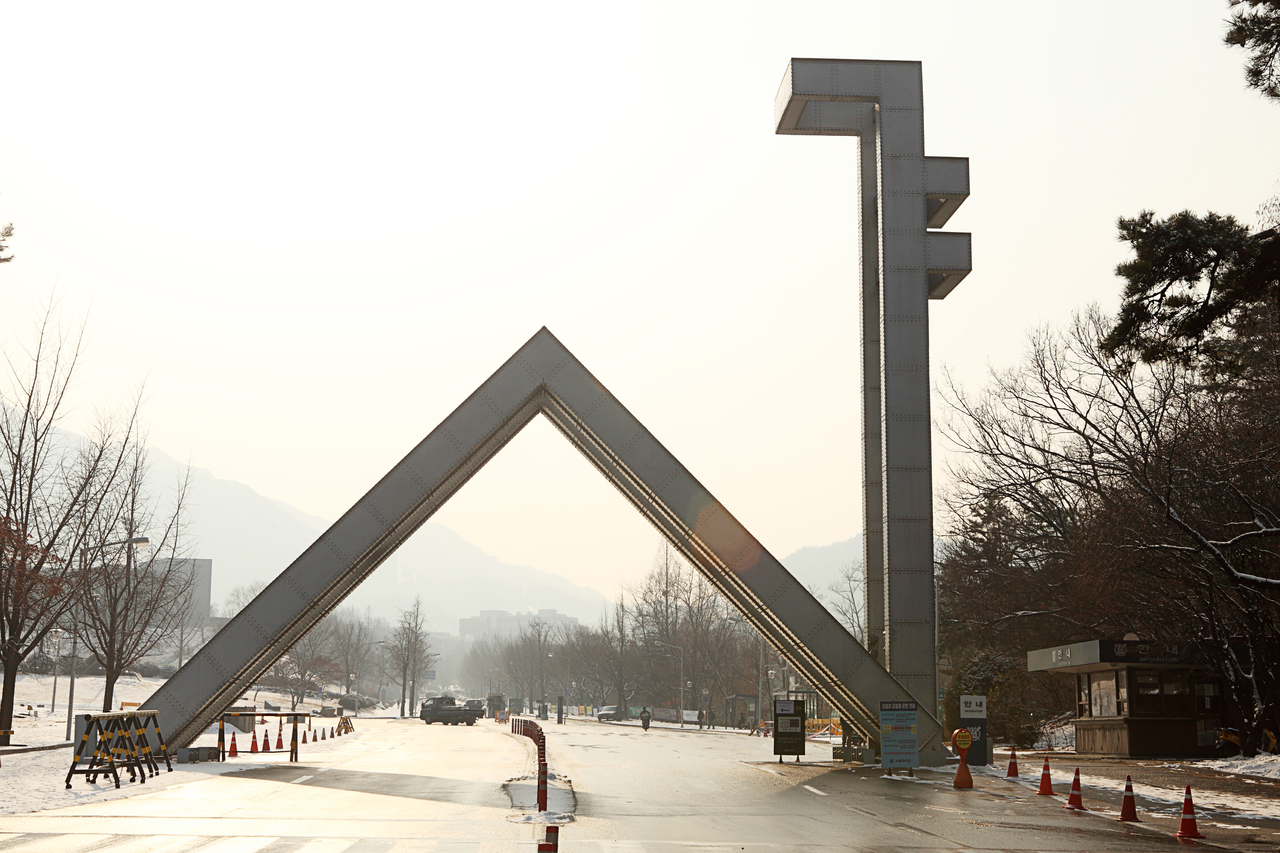
Stagnant pay, weak support in academia, science and AI drive best minds away
As South Korea ramps up its efforts to attract global talent by lowering visa hurdles and expanding scholarship opportunities for international students, its own highly educated professionals are quietly slipping away.
Behind the nation’s push to become an innovation hub lies a sobering reality: South Korea is losing its best and brightest to foreign institutions and companies that offer better pay, richer research environments and more promising career paths.
At the center of the exodus are South Korea’s top universities and AI research departments. Seoul National University, long considered the pinnacle of higher education in the country, has seen 56 professors leave for overseas positions in the past four years alone.
Among them are not only scientists and engineers. According to Education Ministry data revealed by Rep. Seo Ji-young, 28 professors in the humanities and social sciences, 12 in the natural sciences, 12 in engineering, three in the arts and physical education, and one in medical sciences departed for institutions in the United States, Hong Kong, Singapore China and elsewhere — lured by salaries up to four times higher than what Seoul can offer, along with generous research budgets and housing support.
The loss of talent is accelerated by a domino effect: professors leave regional schools for Seoul — and from Seoul, they leave the country altogether.
Data from Korea’s four major public science and technology institutes in the region — KAIST, GIST, DGIST and UNIST — reveals a similar pattern. Between 2021 and mid-2025, 119 faculty members left these institutions. Many moved to Seoul, but a significant number, including 18 professors, relocated abroad.
Root causes
The root causes of this talent outflow are systemic. South Korean universities suffer from frozen tuition fees, stagnant faculty salaries and a rigid seniority-based pay system.
While public and private universities struggle to maintain competitive compensation, top global universities are actively headhunting Korean talent. A professor making around 100 million won ($73,000) in Seoul may receive an offer of over $330,000 abroad.
"With a salary gap of over four times, considering the benefits of doing research with abundant resources and receiving support for housing, there is really no reason to turn down a really good offer," an assistant professor researching in AI who wished to be anonymous told The Korea Herald.
Experts say the widening compensation gap between domestic and foreign universities stems largely from the deteriorating financial health of South Korean higher education institutions.
For the past 17 years, the government has effectively frozen tuition fees by withholding certain types of national scholarships from universities that attempt to raise them. This freeze, coupled with the inability to adjust tuition for inflation, has placed universities under significant financial strain.
According to the Ministry of Education, the average salary for private university professors increased by a mere 0.8 percent over five years, from 100.6 million won ($73,500) in 2019 to 101.4 million won in 2024. These figures are based on full professorships; assistant professors earn considerably less.
Conditions are even more dire at regional universities. A report submitted to the National Assembly by Rep. Seo Ji-young shows that, excluding Seoul National University, nine major national universities collectively lost 323 professors between 2021 and May 2025.
Korea’s AI experts leaving
In parallel, South Korea’s AI talent pool is also thinning. According to the Korea Chamber of Commerce and Industry’s Sustainable Growth Initiative, the country ranks No. 35 out of 38 OECD nations in AI talent retention. As of 2024, for every 10,000 people, 0.36 AI professionals leave South Korea, while countries like Luxembourg and Germany are net importers of such talent.
Industry leaders and academics point to a lack of career development opportunities, insufficient computing infrastructure, and a heavy reliance on short-term performance evaluations.
Surveys indicate that salary remains the top reason for choosing a job, with 85 percent of AI researchers listing it as their primary concern. And while US Ph.D. holders in AI fields can expect starting salaries well over $114,000 — more than $139,000 for computer science majors — the average salary for a Korean doctoral researcher in the private sector hovers around 41 million won ($30,000) — barely a quarter of their overseas counterparts.
Perception among researchers — that "smart people don't stay here" — also plays a major role.
"Since there are better talent pools in laboratories at institutions abroad, and because major conglomerates prefer graduates from international schools, as they guarantee English speaking skills and expertise, people prefer to study abroad whenever they have the chance," an AI researcher at one of South Korea's biggest conglomerates, who graduated from a domestic institution, told The Korea Herald.
"There is definitely a perception among colleagues. If a person has studied abroad, people tend to think they have 'something more' — that they are better than those who studied domestically."
Recognizing the dire situation the country faces, President Lee Jae Myung ordered newly appointed Prime Minister Kim Min-seok during their first meeting to devise measures to secure top talent in fields such as AI and biotechnology in response to the recent outflow of domestic talent.
To counter this trend, experts are calling for a shift in national strategy — from merely preventing brain drain to fostering “brain circulation.” This means creating an ecosystem that not only retains domestic talent but also welcomes international professionals and encourages overseas Koreans to return.
Recommendations include implementing performance-based compensation, offering globally competitive research infrastructure and expanding international joint research programs.
"Ultimately, the question is not whether South Korea can produce talent, but whether the country can evolve its systems fast enough to keep that talent from seeking greener pastures," said a student currently pursuing a graduate degree in AI.
"Without proper compensation and opportunities to grow as an expert, the brightest minds will leave the country."
jychoi@heraldcorp.com
